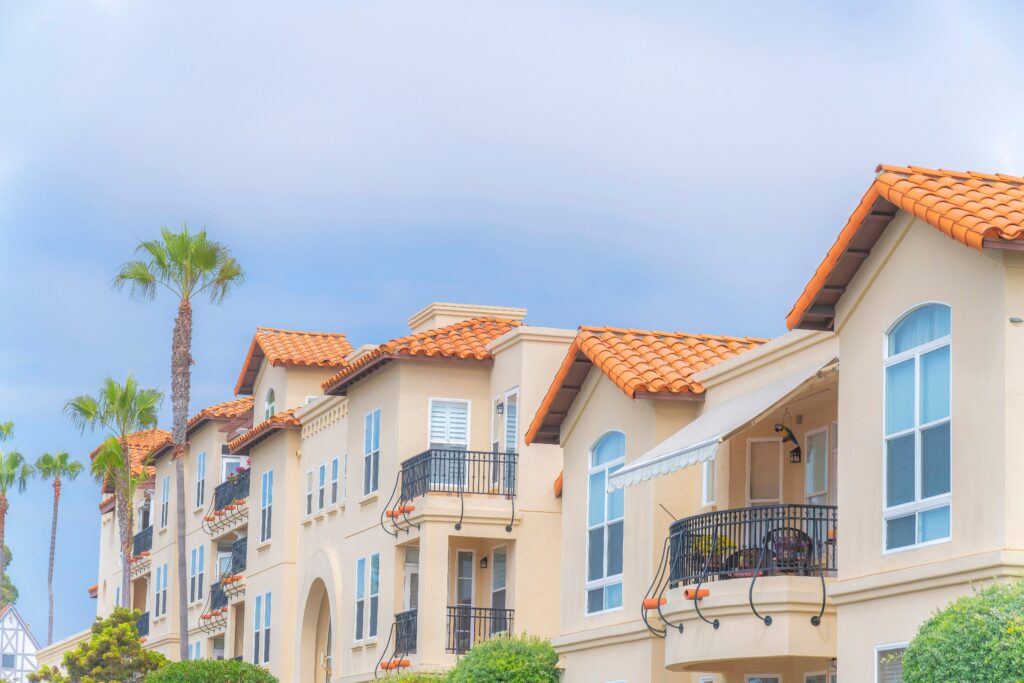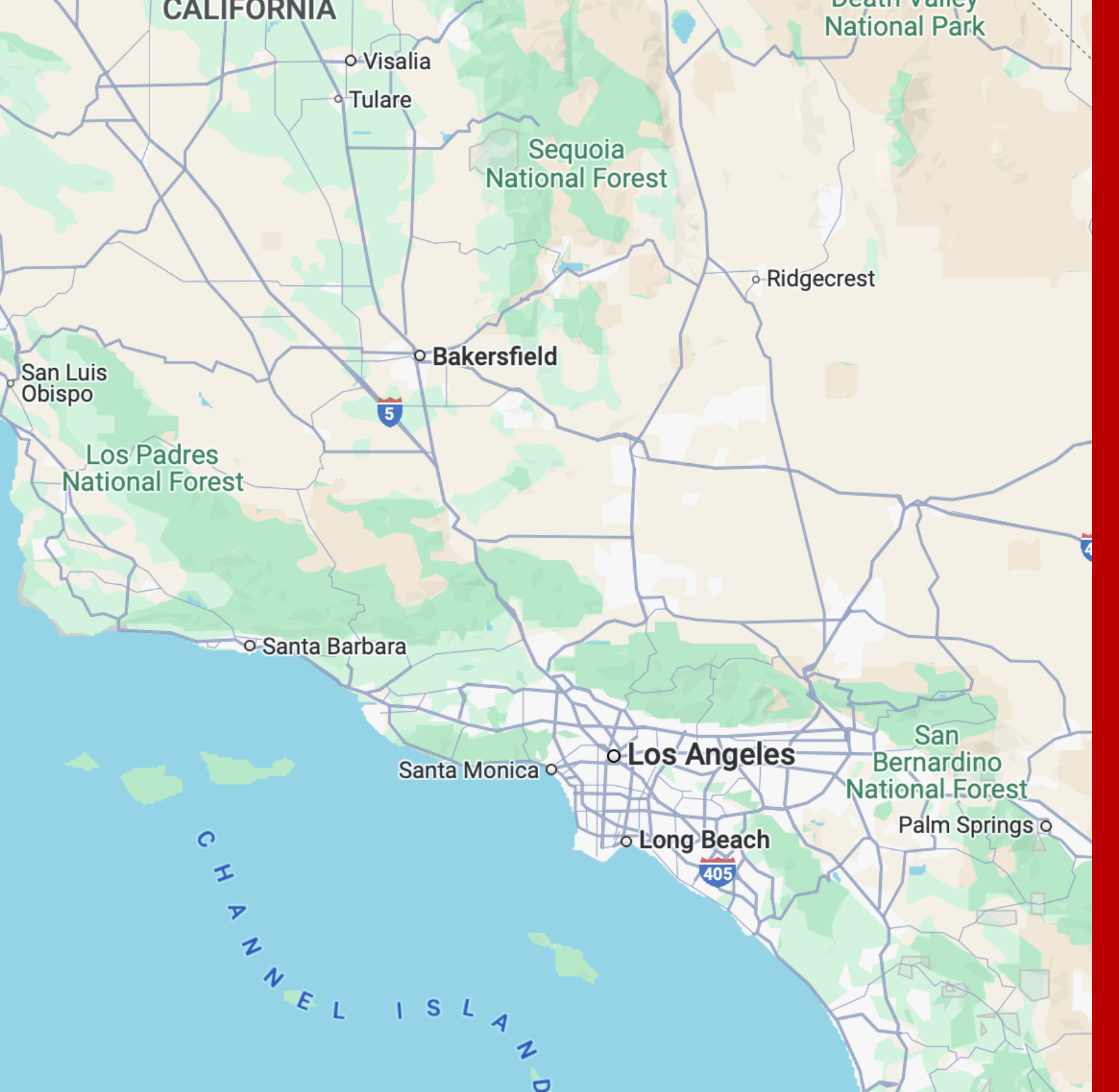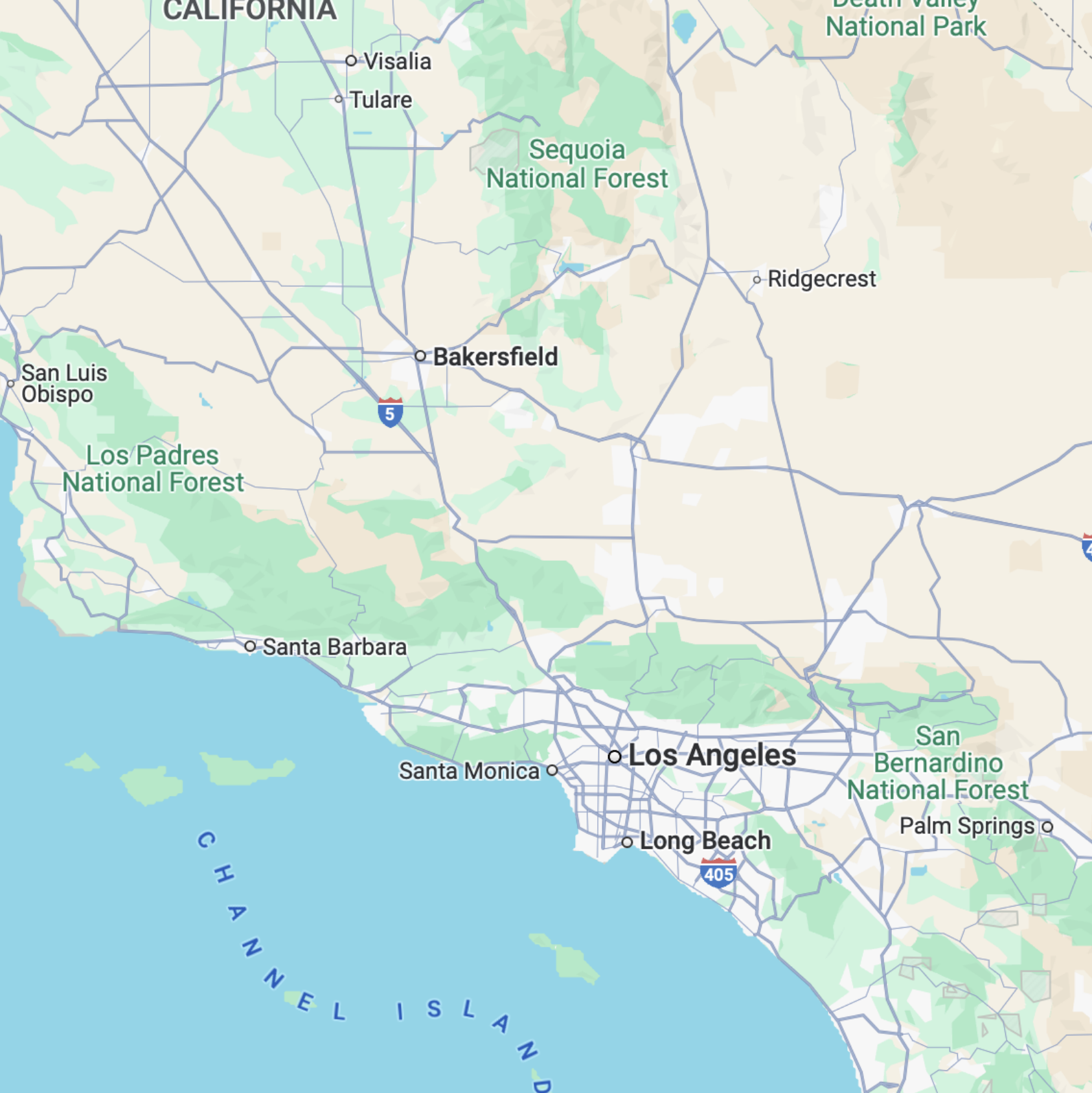
Did you know that California's strict balcony inspection laws could directly impact your property’s safety and compliance? If you’re a property owner or manager of a multi-family residential building with three or more units, Senate Bill 721 mandates regular inspections of elevated structures like decks and balconies. Partnering with experienced professionals, like Deck & Balcony Inspectors, can make navigating these requirements stress-free. With decades of combined expertise, we specialize in thorough inspections that not only meet legal standards but also provide peace of mind by identifying risks before they become liabilities. Trust us to handle every element with integrity, precision, and a dedication to safety.
California’s balcony inspection laws, SB 721 and SB 326, were enacted to enhance the safety of elevated structures such as balconies, decks, and walkways throughout the state. These regulations focus on preventing structural failures that could endanger lives in multi-family residential buildings and condominiums. Both laws require regular inspections to identify and address potential risks, ensuring compliance with stringent safety standards. Here’s a closer look at what each law entails.
Understanding these laws not only helps property owners stay compliant but also provides a proactive approach to maintaining safe, durable structures.
Property owners and HOAs are among the most impacted by California’s balcony inspection laws, SB 721 and SB 326. These laws not only hold them responsible for maintaining the safety of EEEs but also require strict adherence to inspection and repair timelines.
Their key responsibilities include:
Managing these tasks can feel overwhelming, especially for larger properties or communities. That’s where partnering with professional inspection companies, like Deck & Balcony Inspectors, makes all the difference. Experienced professionals not only streamline the process but also provide the assurance that every detail is handled with care and precision, offering property owners and HOAs peace of mind while safeguarding their investments.
California’s balcony inspection laws, SB 721 and SB 326, are designed to prioritize safety while protecting the structural integrity of your property. These laws provide clear guidelines to help property owners and businesses maintain compliance, ensuring a safe environment for tenants and visitors alike. By adhering to these regulations, not only do you avoid potential penalties, but you also safeguard your property value.
Here are the key requirements to know:
By meeting these requirements, you’re proactively investing in the long-term stability and reputation of your property.
Choosing professional deck and balcony inspectors gives you access to unmatched expertise in California’s complex inspection regulations. Our professionals not only have in-depth knowledge of current laws, such as SB 721 and SB 326, but we also stay up to date as regulations evolve. This ensures that your property remains compliant with the latest requirements, protecting you from penalties and unforeseen liabilities. Thorough inspections ensure that decks, balconies, and other elevated structures are safe for everyday use, limiting the chance of accidents or structural failures. This proactive approach keeps tenants and visitors safe and protects your reputation as a responsible property owner. By partnering with Deck & Balcony Inspectors, you demonstrate a commitment to safety and quality while enjoying peace of mind, knowing your property is in capable hands.
Balcony inspection costs vary depending on several factors, such as the number of Exterior Elevated Elements (EEEs) on your property, the size of the property, and the level of assessment required. While exact pricing can differ, requesting a quote from a licensed professional inspection company is always a good idea. Many reputable inspectors, like Deck & Balcony Inspectors, offer transparent and affordable pricing tailored to your property’s specific needs.
If your balcony fails inspection, the inspector will provide a detailed report outlining the issues and necessary repairs. Property owners or HOAs are required to address these problems promptly in compliance with California’s repair timelines. Ignoring repair obligations can lead to penalties and increased liability. Partnering with professionals ensures a smooth process while helping you prioritize safety and compliance.
No, California law requires that qualified and licensed professionals, such as structural engineers or architects, conduct balcony inspections. DIY inspections not only fail to meet legal requirements but also risk overlooking critical structural issues. Hiring a professional inspector ensures a thorough and compliant evaluation of your property.
California’s balcony inspection laws apply to property owners of multi-family residential buildings with three or more units (under SB 721) and condominiums managed by HOAs (under SB 326). If you own or manage properties with Exterior Elevated Elements, you are responsible for arranging regular inspections and ensuring compliance.
Inspections are required every six years for multi-family residential buildings under SB 721. Under SB 326, condominiums must undergo balcony inspections every nine years, with the first inspection deadline being January 1, 2025. Complying with these timelines helps ensure safety and avoid penalties.
Professional balcony inspections focus on Exterior Elevated Elements like balconies, decks, and walkways. Inspectors assess the structural integrity of load-bearing components, evaluate for signs of decay or damage, and identify potential safety hazards. Comprehensive reports detail all findings and recommended actions.
Hiring licensed professionals ensures your property complies with California’s strict inspection guidelines. Experts stay updated on evolving regulations, provide detailed assessment reports, and offer guidance on repairs if needed. Partnering with a professional inspection company, like Deck & Balcony Inspectors, not only ensures compliance but also gives you peace of mind, knowing your property’s safety and integrity are in trusted hands.
Failing to comply with California balcony inspection laws can result in significant penalties, including fines, increased liability, and potential legal action. Regular inspections and timely repairs are essential to staying compliant and avoiding these risks.
Ensuring the safety, compliance, and longevity of your property is no small task, but with expert guidance, it becomes far simpler. California’s balcony inspection laws protect both lives and investments, and having a trusted partner like Deck & Balcony Inspectors makes navigating these regulations stress-free. Schedule your inspection today with Deck & Balcony Inspectors and take the first step toward complete compliance and peace of mind. Call now or visit our website to book your service.


